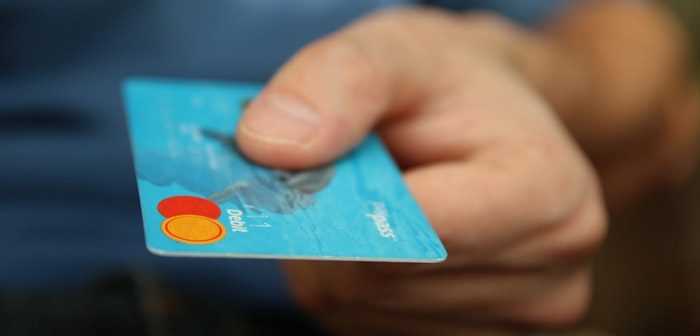If you’re trying to save some money and simplify your outgoing expenses every month, then you might have begun to consider the benefits of a debt consolidation loan. For some people, debt consolidation with a personal loan can be an attractive way to make sure that you’re reducing the amount of interest that you have to pay out to loan and credit card companies on a regular basis, so that you’re left with more money to play with at the end of every week.
Although debt consolidation personal loans won’t be the best opportunity for everyone, they do have benefits to offer if you’re concerned that keeping track of your monthly expenses is becoming too much for you to handle, or you believe that you might be paying more than necessary on your interest repayments. Here, we’ll give you some quick and simple advice on debt consolidation loans to get started with.
What is a Debt Consolidation Loan?
A debt consolidation loan is simply a kind of personal loan that you can use to manage your debts. If you’ve got a lot of different debts – perhaps on credit and store cards, and you’re struggling to keep up with all the different repayments, you can begin to merge the expenses together into a single loan to help you lower your monthly expenses.
The idea is that you borrow enough money to help you pay off all your different debts at once. That means that when it comes time to pay your debts each month, you’re only dealing with a single lender. Using a personal loan here is essential, as the last thing you want is to deal with secured lending if you’re worried about your finances.
A personal loan is a form of an unsecured loan, which means that you’re not having to hold up your side of the bargain with the promise that you’ll hand over your home if you can’t afford to make a payment one month. On the other hand, a secured loan is when someone asks you to put your home up as collateral. This means that if you don’t pay money on time, you could lose your house.
You should try to get as much debt advice as possible before you go into taking out any type of loan, as this will help you to decide whether you’re making the right decision for your circumstances. In some cases, you may find that consolidating your debts might not be the right solution for you – based on how much you have to spend on interest.
When Should You Use a Personal Loan to Consolidate Debts?
Different people will use their personal loans for different things. Some people use a personal loan to go on vacation, whereas others will use it to pay for their wedding and honeymoon. If you’re thinking of using a personal loan to consolidate your debts, you should begin by asking yourself whether this is really the right step forward for you. Consolidating your debts with a personal loan usually only makes sense when your savings won’t be wiped out by fees and charges that come with closing down a loan ahead of time.
At the same time, you’ll need to make sure that you can afford to keep up the repayments on your consolidation loan until the debt is repaid and decide whether you’re going to use this opportunity to cut down on your spending and keep your budget on track. You should also make certain that by switching to a personal loan to consolidate your debts, you’ll actually be paying less interest than you would have paid before – and the total amount payable should be less too.
What to Remember Before Taking out a Consolidation Loan
Before you decide to take out a personal loan for debt consolidation, think carefully about anything that could happen in the future that might stop you from making repayments as often as you might need to. For instance, what would happen if the interest rates on your loan go up, or you suddenly lost your job?
If you’re struggling with your financial decisions now, or you know that you can’t manage your budget regardless of whether you take out a personal loan or not, you might need to seek out some help from a financial professional.
Remember that you shouldn’t be taking out a personal consolidation loan if you cannot afford the new loan repayments, or you can’t clear all of your debts with the new loan. You should also avoid taking out a loan if you’re going to end up paying more as a result, or you’ll need to be in a loan term for longer. Think about speaking to a debt advisor if you’re struggling to handle your money responsibilities.




